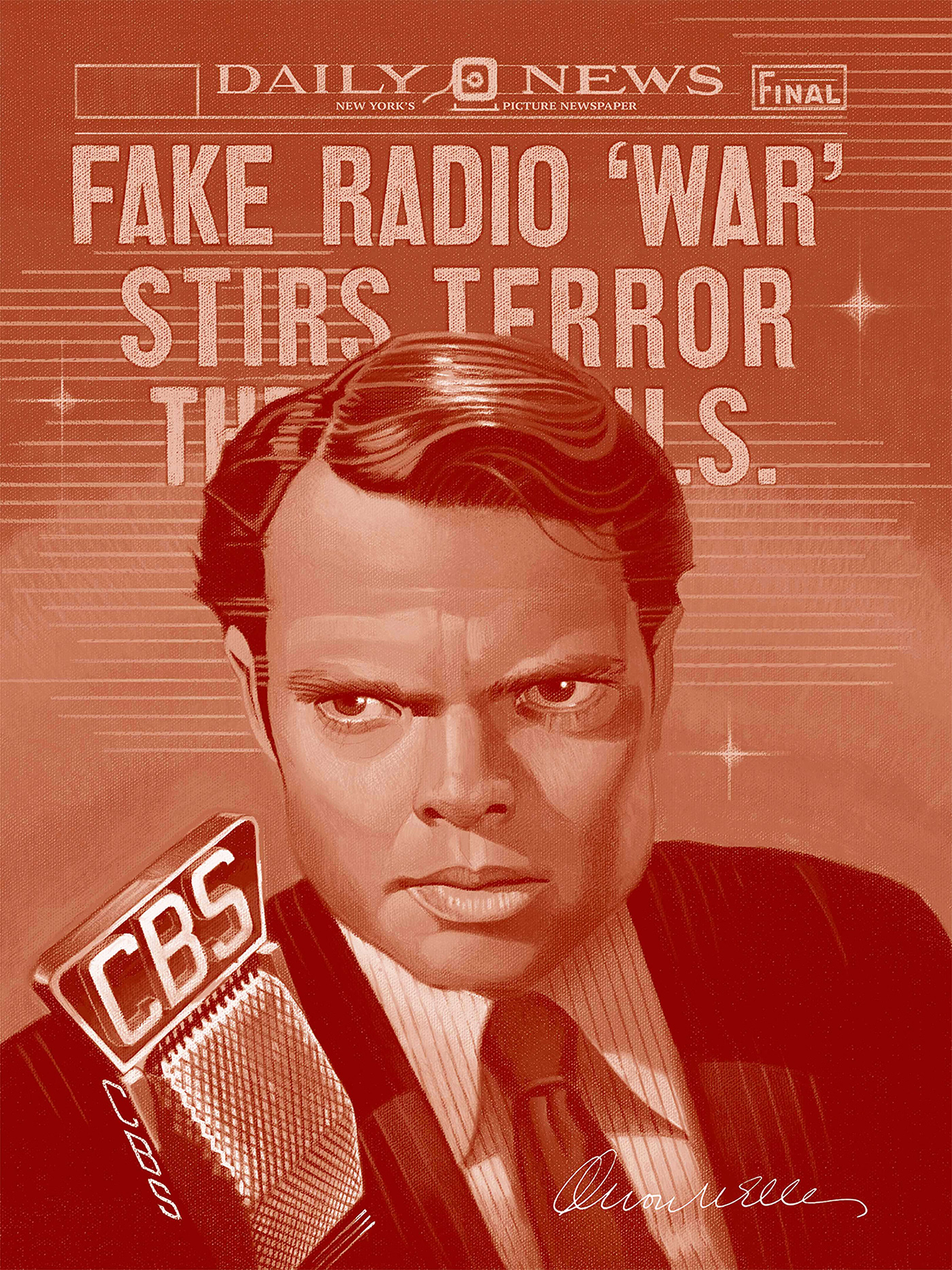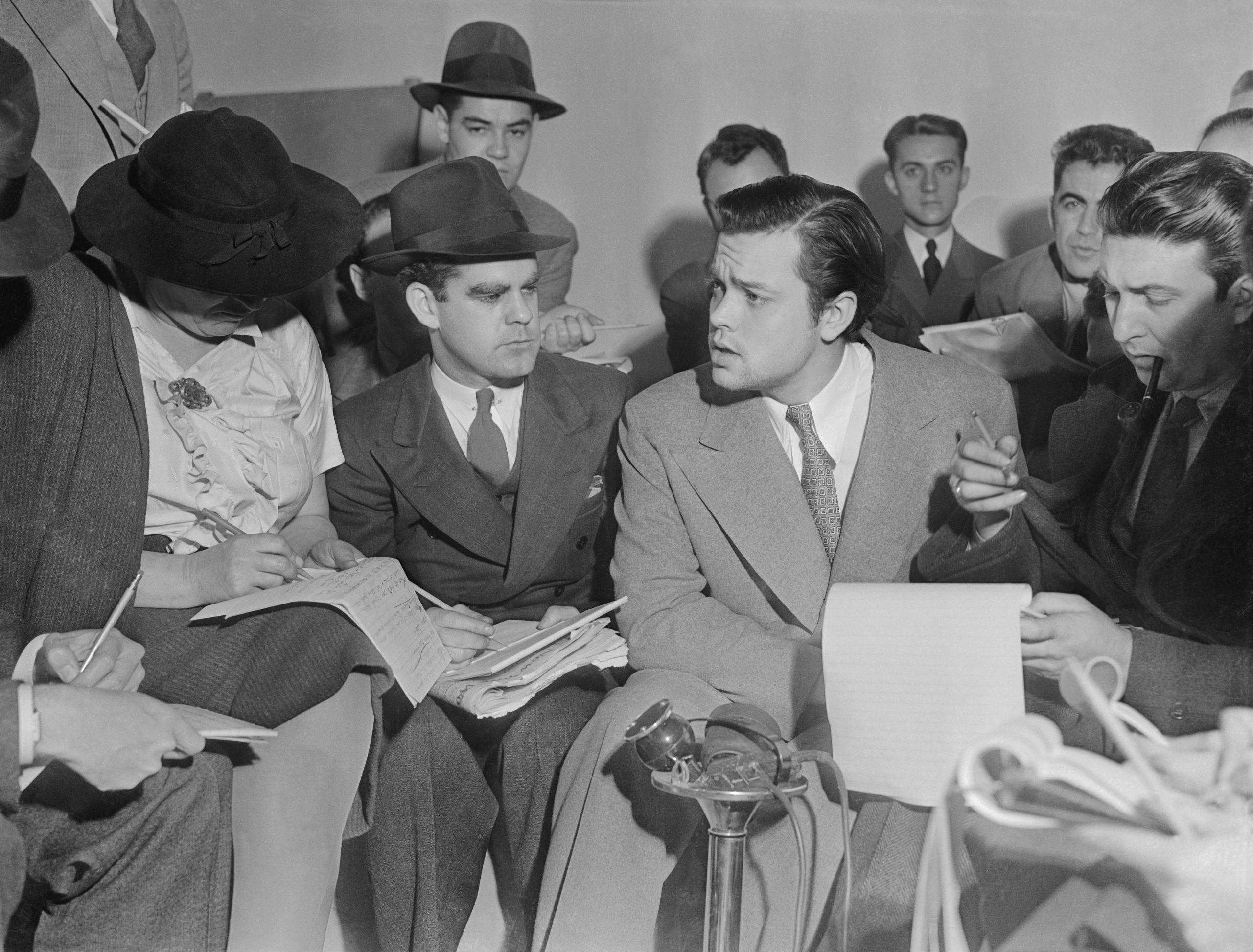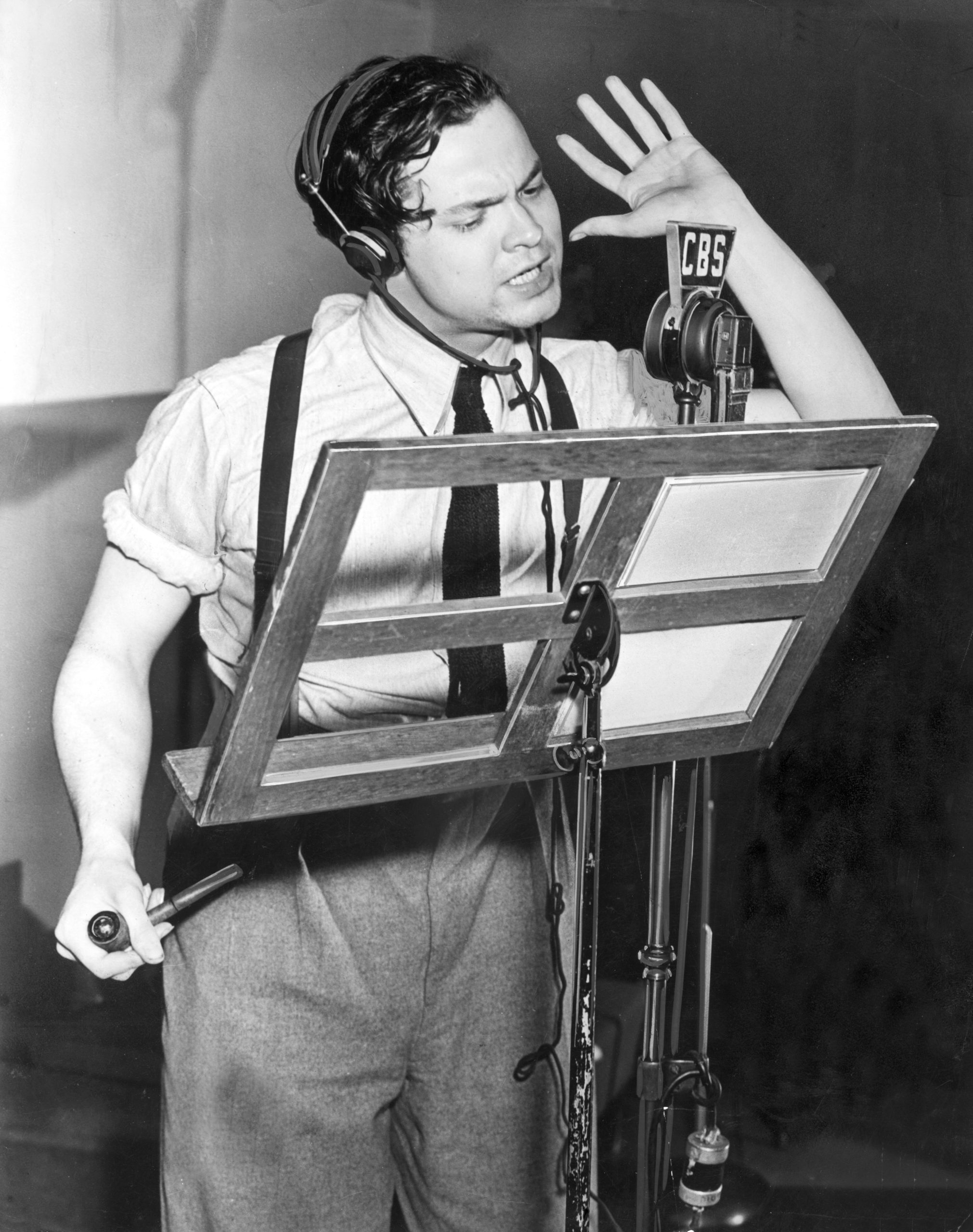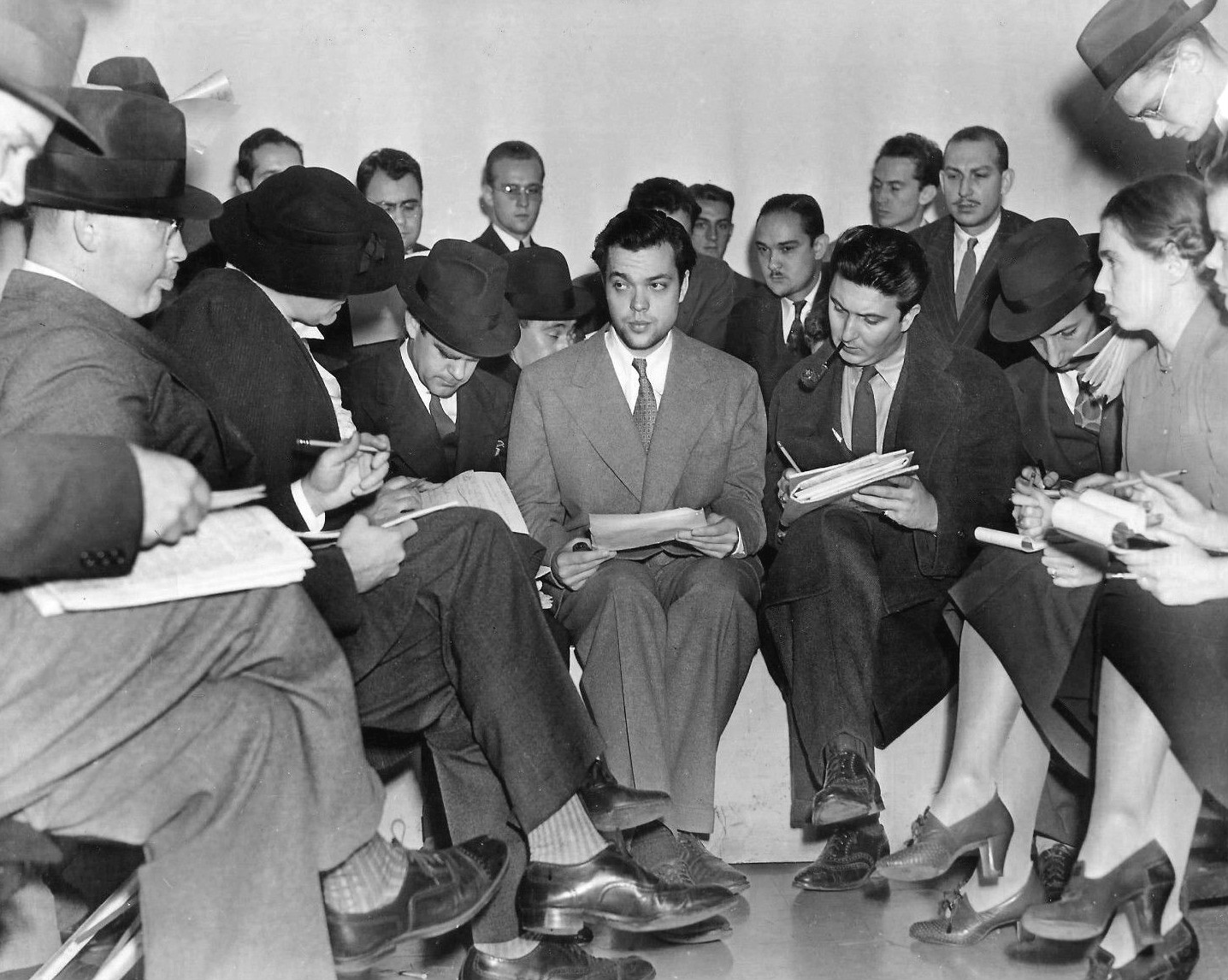We know now that in the early years of the 20th century, this world was being watched closely by intelligences greater than man’s and yet as mortal as his own. We know now that as human beings busied themselves about their various concerns, they were scrutinized and studied, perhaps almost as narrowly as a man with a microscope might scrutinize the transient creatures that swarm and multiply in a drop of water. With infinite complacence, people went to and fro over the earth about their little affairs, serene in the assurance of their dominion over this small spinning fragment of solar driftwood which by chance or design man has inherited out of the dark mystery of Time and Space. Yet across an immense ethereal gulf, minds that are to our minds as ours are to the beasts in the jungle, intellects vast, cool and unsympathetic, regarded this earth with envious eyes and slowly and surely drew their plans against us. In the 39th year of the 20th century came the great disillusionment. It was near the end of October. Business was better. The war scare was over. More men were back at work. Sales were picking up. On this particular evening, October 30th, the Crossley service estimated that 32 million people were listening in on radios…
“The War of the Worlds” was a Halloween episode of the radio series The Mercury Theatre on the Air directed and narrated by Orson Welles as an adaptation of H. G. Wells‘s novel The War of the Worlds (1898) that was performed and broadcast live at 8 pm ET on October 30, 1938 over the CBS Radio Network.
Welles’s “War of the Worlds” broadcast has become famous for convincing some of its listeners that a Martian invasion was actually taking place due to the “breaking news” style of storytelling employed in the first half of the show. The illusion of realism was supported by the Mercury Theatre on the Air’s lack of commercial interruptions, which meant that the first break in the drama came after all of the alarming “news” reports had taken place. Popular legend holds that some of the radio audience may have been listening to The Chase and Sanborn Hour with Edgar Bergen and tuned in to “The War of the Worlds” during a musical interlude, thereby missing the clear introduction indicating that the show was a work of science fiction.
In the days after the adaptation, widespread outrage was expressed in the media. The program’s news-bulletin format was described as deceptive by some newspapers and public figures, leading to an outcry against the broadcasters and calls for regulation by the FCC. Welles apologized at a hastily called news conference the next morning, and no punitive action was taken. The broadcast and subsequent publicity brought the 23-year-old Welles to the attention of the general public and gave him the reputation of an innovative storyteller and “trickster”.





